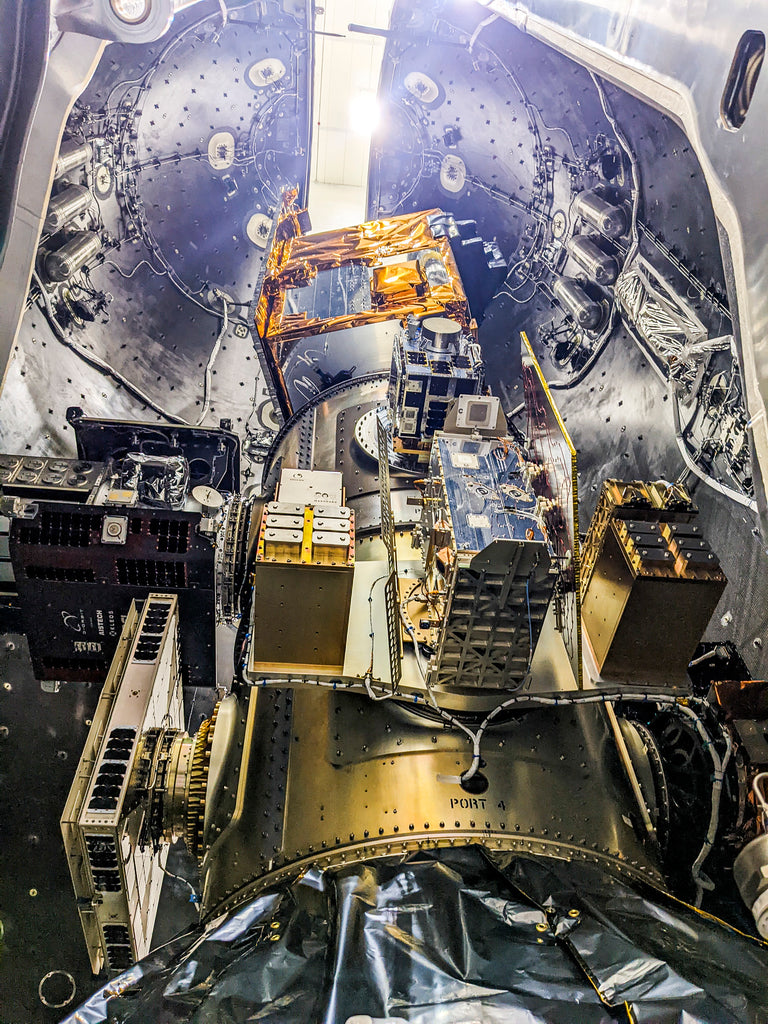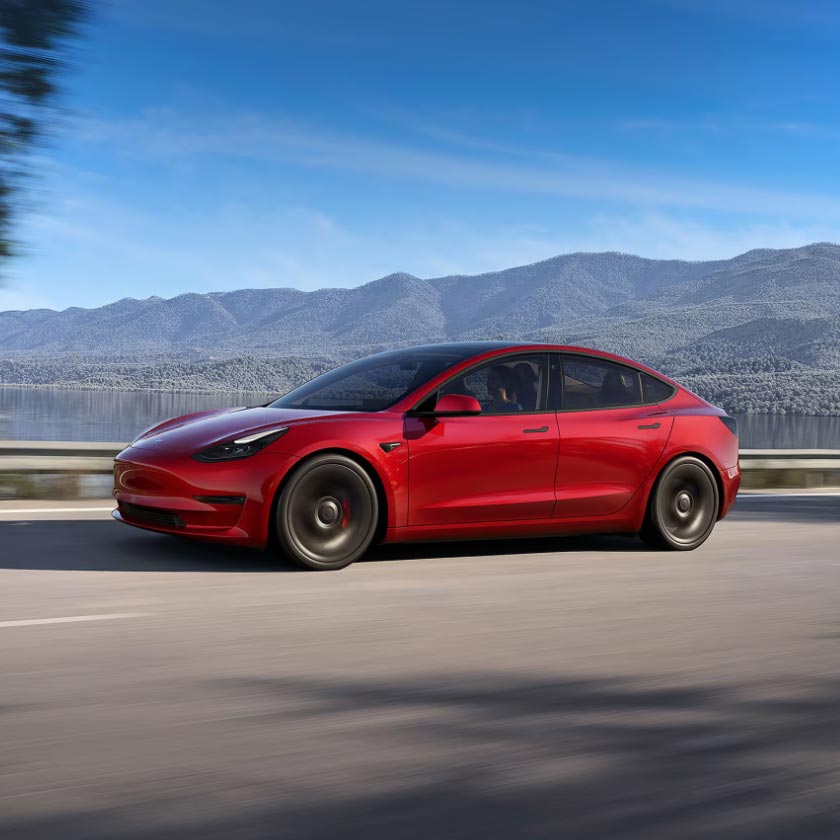SpaceX modified its Smallsat Rideshare Program base price this month to allow customers with smaller payloads to book cost-effective flights on Falcon 9 rideshare-dedicated missions. The Rideshare program offers companies and organizations the option of launching payload to orbit by sharing Falcon 9 fairing space with dozens of other small payloads (CubeSats) at a much lower cost than booking an entire rocket flight which can cost up to $62 million.
Previously, the Smallsat Rideshare Program's base price was approximately $1 million per 200 kilograms (kg) launched to orbit, adding $5,000 per extra kilogram. Then inflation caused the cost of spaceflight to increase and the rideshare cost went up to $1.1 million per 200 kg and $5,500 per kg. On October 18, the company updated its website where customers can book a ride on a Falcon 9 rocket. Now it states they can purchase a spot on a Rideshare mission for $275,000 to launch a small payload that weighs 50 kilograms (kg) to Sun-Synchronous Orbit (SSO) with additional mass at $5,500 per kg. The company says "affordable rates" are also available to Mid-Inclination Low Earth Orbit (LEO), Geostationary Transfer Orbit (GTO), and Trans-Lunar Injection (TLI). SpaceX conducts SSO missions approximately every 4 months and frequent launches to LEO.
SpaceX redesigned the rideshare payload configuration to enable the new base cost which allows companies with a tight budget to be able to afford launching a project to space. This can be beneficial to schools and organizations that want to launch space projects to conduct research in microgravity. SpaceX’s updated website also details how the payloads are integrated on the Falcon 9 payload dispenser with a device it calls "Rideshare Plate." These 'plates' are more commonly referred to in the aerospace industry as EELV Secondary Payload Adapters (ESPA). The adapters enable dozens of small spacecraft to ride together in order to get the most out of a rocket flight during a single mission, as pictured below in Figure 1-1. SpaceX says the plates can integrate "CubeSat dispensers and small spacecraft with an 8”, 15”, or 24” (inch) diameter standard mechanical interface," and can accommodate larger payloads upon customer's request. The 8 inch Plate is for a payload that weighs 50kg and the 24 inch Plate can integrate a payload that weighs 300kg.

All Images Source: SpaceX


Featured Image Source: SpaceX








